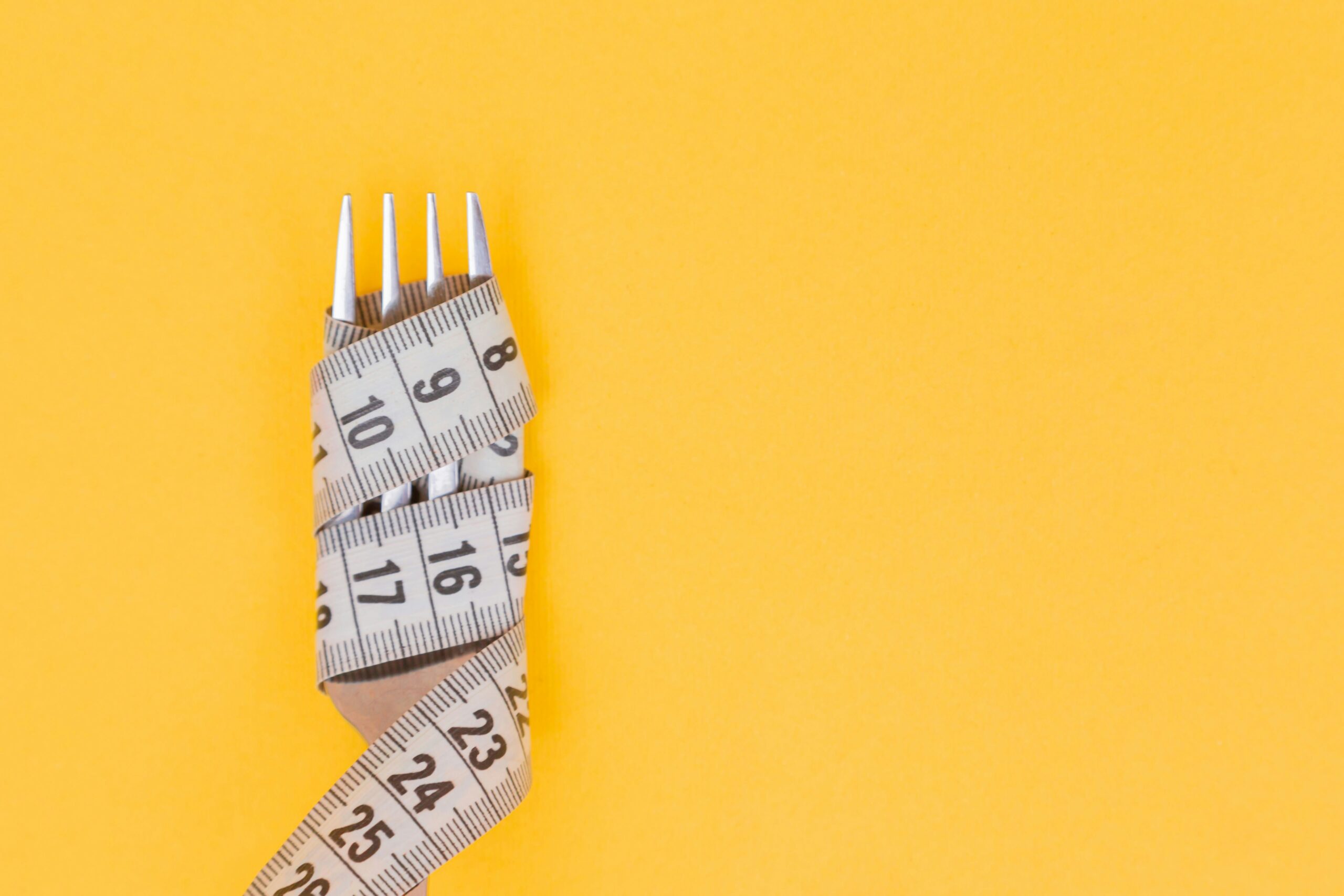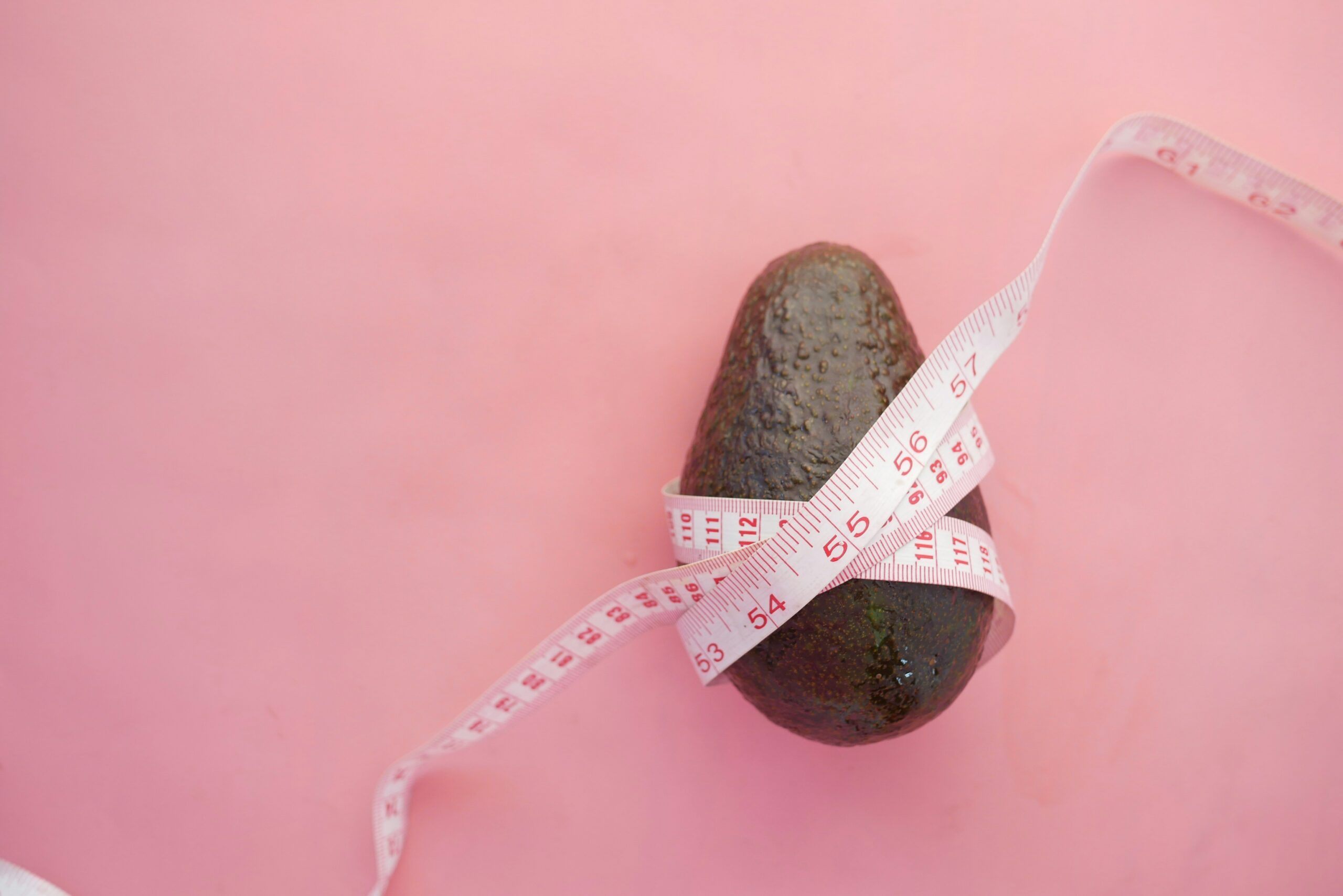I remember back when I was in my 20’s and I started to gain weight (I like to use the term “body composition change” now). I was out of high school and had stopped growing, my hormones had leveled out, and I had stopped playing school sports when I went to college.
I was a gymnast and a stunting cheerleader (I was usually the one they throw up in the air and flip around) and I never learned how to do adult exercise…you know…running, pilates or gym stuff, so I just stopped. I’d also always been the “tiny one” and gaining weight really messed with my brain. It was like a part of my identity was being threatened.
When my body started to change and alarm bells were going off in my head like, “oh crap, I need to do something about this,” I turned to a lot of the same things that diet programs touted and it always involved restricting the amount of food I was eating or categories of food like carbs and sugar. I know better now, but what ended up happening was the restriction caused me to crave foods I was trying to get away from.
The cravings felt uncontrollable. All I could think about was the darn chocolate chip cookie or bread I was not “supposed” to eat. It took up so much real estate in my brain that it consumed my thoughts throughout the day and I tried to put it out of my mind but it felt impossible. Then, if I gave in and ate the cookie I felt AWFUL.
I beat myself up asking myself…
Why was I so weak?
Why couldn’t I just stick to things?
Where was my WILL POWER and why didn’t I have any?!
Little did I know back then that I was doing everything WRONG and will power had NOTHING to do with it.
Does this sound familiar?
I finally figured out what I should be doing instead of restricting myself from wine and chocolate and why I was doing everything all wrong. We teach our clients what to do about this in our Food Freedom Method program.
What we teach in that program is the foundation, but to take it a step further there is even more that can impact cravings when we look at the individual person.
Nutritional genetics shows us how our genetics interact with our environment (food we eat, stress, lifestyle, exercise, environmental toxins, etc.) and each person, depending on their genetic markers, may react to their environment differently.
I’ll give you some examples…
Remember that you get genes from your mom and dad. Your mom gives you an allele and so does your dad. Depending on which combination of alleles you end up with will determine how the genes potentially express themselves in your environment.
Genes that code for the transport of glucose (blood sugar) in the cell have the potential to impact how responsive you are to blood sugar balance. Some individuals have a more sensitive insulin response to carbohydrates and sugar than others and eating them can increase cravings. It also can put that person at higher risk for Type 2 Diabetes.
This requires us to coach clients and facilitate strategies to mitigate this risk. Does it mean you have to cut out sugar or carbs completely? No. We just need to help you eat correctly for that gene expression.
Some markers code for appetite, meaning, how responsive your appetite hormones are to signaling the brain that you are full. Some individuals have slower signaling and it may cause overeating unintentionally.
Mental health markers related to dopamine uptake and processing can impact cravings as well. For those who have fast dopamine processing or slow uptake, they may crave certain types of foods to get their “dopamine fix.” For those clients we work to help them with that.
Reduced expression of certain enzymes found in the brain could cause one to increase reward behaviors such as sweets, carbs, and even drugs and alcohol.
The only way to know for sure if you have any of these genes is to have us test your nutritional genetic profile (it’s not expensive and requires no repeat testing).
Even for those not impacted by these genes, the will power struggle can still be caused by going about eating the wrong way as I mentioned earlier.
Eating even healthy food the incorrect way and not meeting your needs will derail you and keep you from solving this dreaded will power problem. Our clients are always shocked at how quickly things can change WITHOUT needing to cut out their chocolate, favorite cocktail or do that dreaded thing: go on a DIET.
Ew.
If you’re ready for transformation in your struggles in this area because you’re not getting anywhere with your weight and you feel deprived, it’s time to set up a call with us and talk to us about it. It’s time to stop the emotional roller coaster of trying to manage will power and those feelings of failure. We got you. Click that “Book a Call’ button up top to apply or click HERE.
Check out our series on sugar consumption starting with part 1: How Much Sugar Should We Be Eating Anyway?





